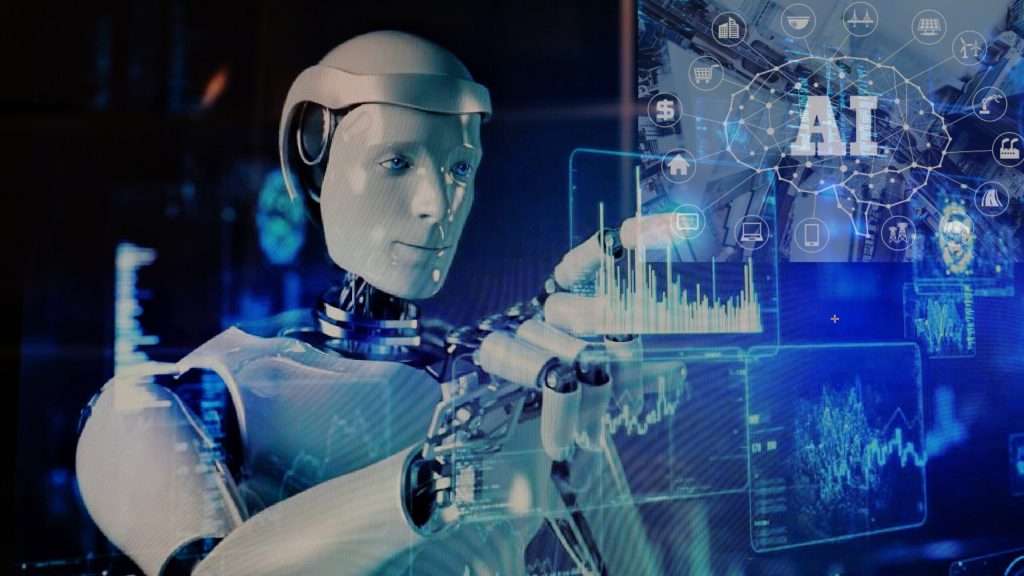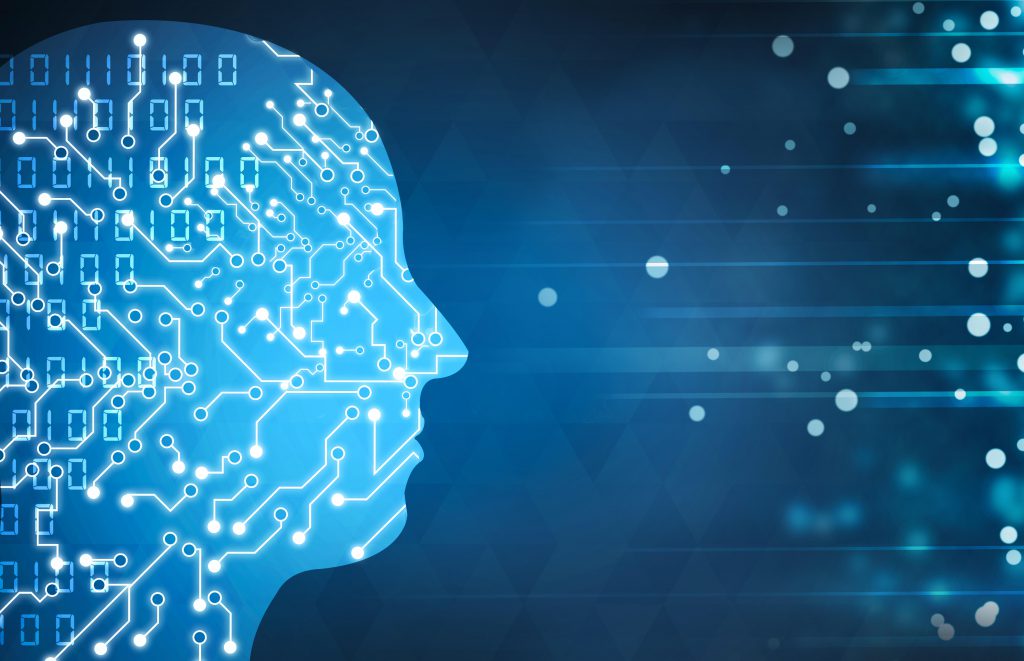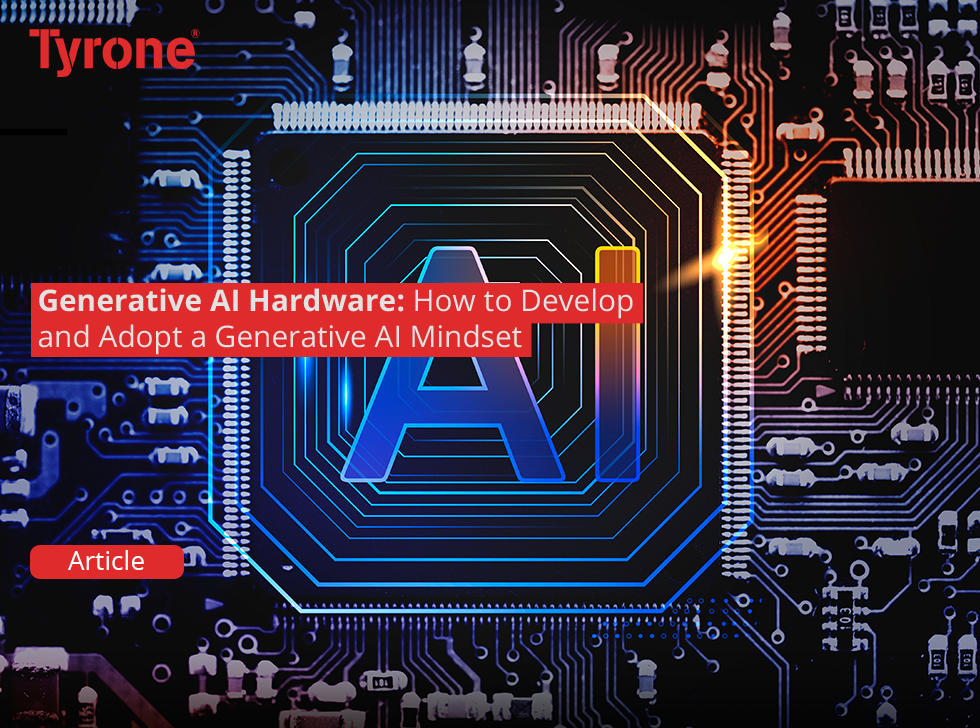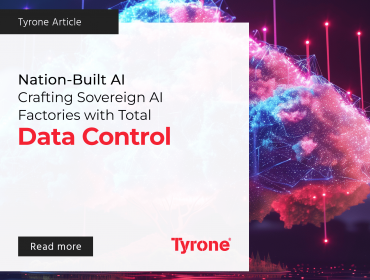Generative AI is a branch of artificial intelligence that focuses on creating new content from existing data, such as images, text, music, or code. Generative AI can potentially transform various industries and domains, such as media, entertainment, education, research, and design. However, to fully unleash generative AI’s power, we need the right hardware and mindset to support it.
The Hardware Challenge
One of the main challenges of generative AI is the high demand for computing resources. Generative AI models, such as GPT-3, BERT, and DALL-E, require massive amounts of data, memory, and processing power to train and run. According to OpenAI, the amount of compute used on the largest AI training runs has been increasing exponentially with a 3.4-month double time. This means that the industry needs to constantly innovate and improve the hardware that powers generative AI.
Some of the key hardware components that enable generative AI are:
- Memory: Generative AI models need to store and access large amounts of data quickly and efficiently. High-bandwidth memory (HBM) and double data rate (DDR) are two types of memory technologies that can provide fast and reliable data transfer for generative AI applications.
- Processing: Generative AI models need to perform complex mathematical operations and calculations at high speed and accuracy. Heterogeneous computing, which combines different types of processors, such as central processing units (CPUs), graphics processing units (GPUs), tensor processing units (TPUs), and field-programmable gate arrays (FPGAs), can offer more flexibility and performance for generative AI applications.
- Storage: Generative AI models need to store and retrieve large amounts of data securely and reliably. Solid-state drives (SSDs) and hard disk drives (HDDs) are two types of storage technologies that can provide high-capacity and low-latency storage for generative AI applications.

The Mindset Challenge
Another challenge of generative AI is the mindset shift that it requires. Generative AI is not just a tool, but a paradigm that can change the way we think and create. Generative AI can augment our creativity, intelligence, and problem-solving skills, but it also poses ethical, social, and technical challenges that we need to be aware of and address.
Some of the key mindset aspects that enable generative AI are:
- Curiosity: Generative AI can inspire us to explore new possibilities and domains, such as art, music, literature, and science. We need to be curious and open-minded to learn from generative AI and discover new insights and perspectives.
- Collaboration: Generative AI can enhance our collaboration and communication skills, as we can interact with generative AI models and other humans in novel and engaging ways. We need to be collaborative and respectful to work with generative AI and leverage its strengths and limitations.
- Criticality: Generative AI can challenge us to think critically and creatively, as we can evaluate and improve the quality and relevance of the generated content. We need to be critical and responsible to use generative AI and avoid its pitfalls and risks.

Conclusion
Generative AI stands at the forefront of technological advancements, holding immense potential to reshape diverse sectors. Its transformative capabilities span across industries, from healthcare to finance, and its impact is poised to revolutionize the way we approach problem-solving and innovation. Unlocking the full potential of generative AI requires not only cutting-edge hardware but also a mindset shift. Embracing a generative AI mindset encourages curiosity, collaboration, and critical thinking. Cultivating these qualities positions individuals and organizations to leverage generative AI as a powerful catalyst for groundbreaking advancements.
Collaboration becomes a cornerstone, as the technology encourages interdisciplinary cooperation, fostering a dynamic environment for idea exchange. Moreover, a critical mindset ensures responsible and ethical use of generative AI, addressing concerns and challenges that may arise during its implementation.












